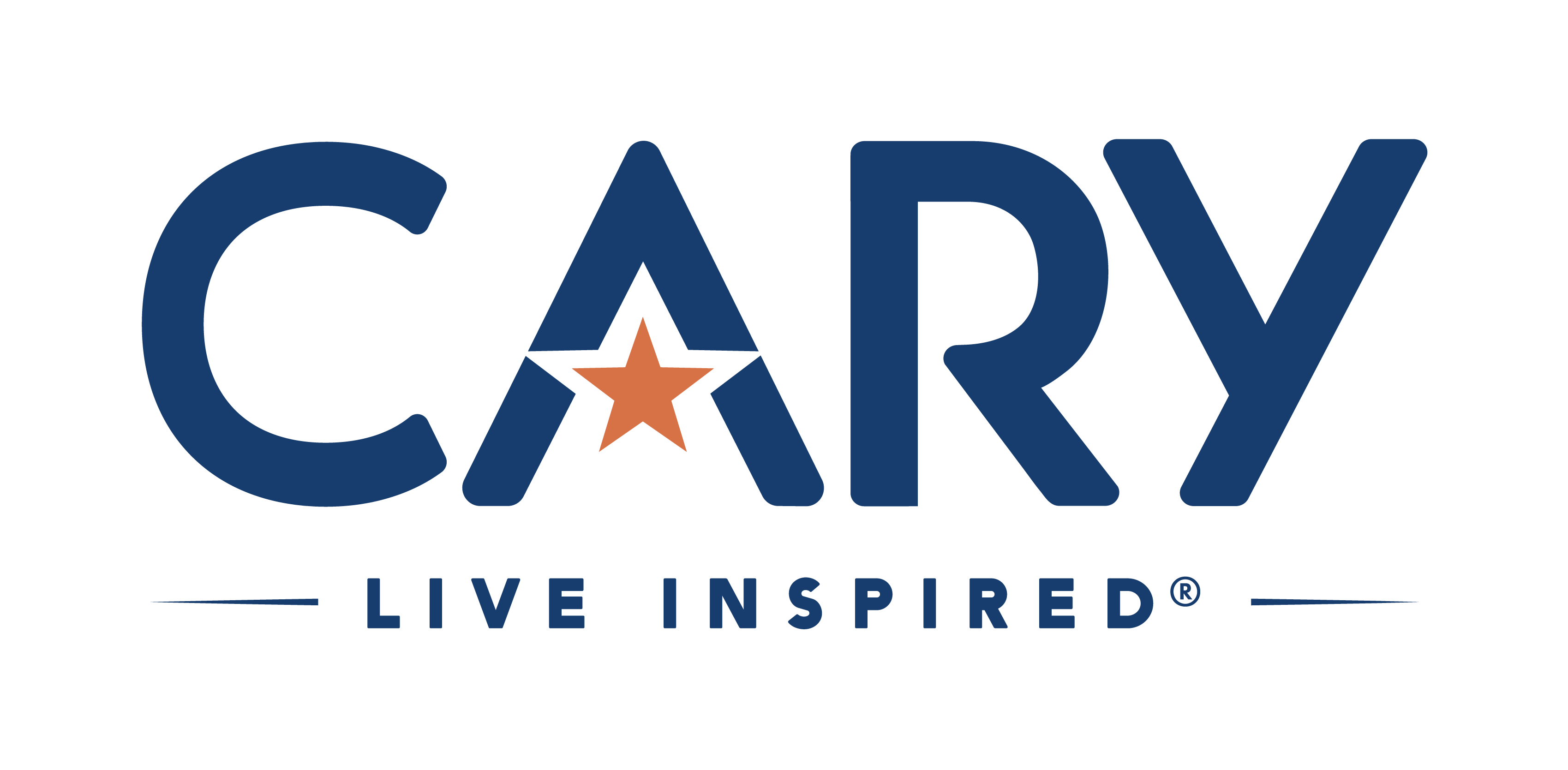In an ongoing effort to support housing and community development, the Cary Town Council has approved over $3.6 million in funding for key housing initiatives. These funds will help create new housing opportunities, rehabilitate existing housing, and provide support to low-income residents experiencing housing instability. The approved projects are set to serve thousands of Cary residents, with a focus on new housing, housing preservation, and housing stability.
- Cary Town Council approved the draft 2025–2030 CDBG Consolidated Plan and draft 2025–2026 Annual Action Plan, recommending over $3.6 million in funding for housing initiatives this year.
- Funds will support the construction of 62 new affordable housing units, rehabilitation of four affordable rental homes, preservation of approximately 30 homes for low-income homeowners as well as emergency assistance for residents experiencing housing instability.
- The investment furthers the goals of the Cary Housing Plan and Imagine Cary Community Plan, benefiting over 2,000 residents and strengthening housing stability.
Watch the Council Meeting here.
Here’s a breakdown of the projects funded:
 Mixed-Use Affordable Church Redevelopment-Greenwood Forest Baptist Church, DHIC, The Carying Place Gap Financing
Mixed-Use Affordable Church Redevelopment-Greenwood Forest Baptist Church, DHIC, The Carying Place Gap Financing
Funding: $750,000
In partnership with Greenwood Forest Baptist Church (GFBC) and The Carying Place (TCP), DHIC has requested funds to support the development of the proposed mixed-use development on church land at the corner of Kildaire Farm Road and SE Maynard Road. GFBC is partnering with Cary-based nonprofit, The Carying Place, and developer DHIC, who currently owns and operates existing affordable properties in Cary, to build on the GFBC property. The proposal includes 62 multi-family units, new day care facilities, and office space to increase community programming capacity. 51 of the units will be managed by DHIC and affordable to residents earning at or below 60% AMI; 11 units will serve The Carying Place clients, most of whom are at or below 50% AMI. Wake County has committed to support the daycare facilities with $900,000 in funding {current year allocation}. As the project proforma becomes final, the development team is likely to pursue additional funding to support the affordability from both Cary and Wake County. The development’s funding stack will also include philanthropic donations and bank financing. DHIC is preparing to apply for an allocation of 9% tax credits through the Low-Income Housing Tax Credit (LIHTC) program in May of this year. These credits are awarded annually by the North Carolina Housing Finance Agency on a competitive basis.
 Healthy Homes Cary Rehabilitation & Preservation Program
Healthy Homes Cary Rehabilitation & Preservation Program
Funding: $750,000
Through the Healthy Homes Cary program, Cary provides low- and moderate-income homeowners with funding for home improvements which help residents age in place, preserve safe and sanitary housing, correct hazardous structural conditions, eliminate blight, and improve accessibility for persons with disabilities. In partnership with Cary-based nonprofit Preserving Home (formerly known as Rebuilding Together of the Triangle), this program is funded through a combination of CDBG and Cary general funds. To offset costs, the program also uses a combination of volunteer labor and discounted materials to make repairs, disability modifications, and home performance upgrades to homes owned by low-income homeowners. Since the establishment of the Healthy Homes Cary Program, other communities including the Town of Apex and Wake Forest have adopted Cary’s model. Cary is supportive of other communities adopting and funding this approach to keep residents in their homes and provide high-quality housing options for all. In the event HUD allocates additional CDBG funds for 2025-26 beyond Cary’s estimation, those funds will be utilized for this project and reduce the general funds allocated. In the event HUD allocates less CDBG funds for 2025-2026, prior year CDBG funds would be allocated up to the maximum available to meet the award amount. If CDBG and prior year CDBG funds are maximized or unavailable, the award amount would be reduced accordingly.
 Stable Homes Cary Program
Stable Homes Cary Program
Funding: $550,000
As the oldest nonprofit service provider in Cary, Dorcas Ministries provides compassionate assistance to area residents to empower people to achieve housing stability and self-sufficiency. Their portfolio of programming includes financial assistance and case management. In 2024, Council approved the establishment of the Stable Homes Cary Program that built on Dorcas’ case management-based model to serve more residents experiencing housing instability and seed a fund to assist tenants who have been notified by the property owner that relocation will be required. Dorcas also administers Cary’s Parks and Recreation scholarship program, Play it Forward, and the Oasis Emergency Utility Assistance Program. This assistance will support direct assistance to residents and case management resource needs including staff capacity.
 White Oak Foundation Senior and Community Services
White Oak Foundation Senior and Community Services
Funding: $232,000
The White Oak Foundation’s mission is to keep families in their homes by saving them from foreclosure and educating potential homebuyers & renters as a HUD-certified counseling agency. In addition to those services, White Oak ensures families have food to eat through a bi-monthly Food Bank distribution and hot meals to seniors as a Wake County Meals on Wheels hub. Their funding request will enable White Oak to continue its public service and intervention efforts for Cary residents with household income at or below 80% AMI with many participants below 50% AMI. This program serves approximately 225 Cary residents per year.
 A Doorway to Hope
A Doorway to Hope
Funding: $75,000
A Doorway to Hope is a Cary-based nonprofit providing targeted emergency assistance to hundreds of Cary households including a summer food security program, produce box delivery, and essential household items supply. A Doorway to Hope works in partnership with other Cary nonprofits to complement existing facility-based services and provide focused street/neighborhood outreach. The program serves households at or below 80% AMI with most participants below 50% AMI and experiencing housing instability due to post-pandemic economic pressure. These funds will support outreach services for hundreds of Cary residents in need.
 CASA Rental Rehabilitation Program
CASA Rental Rehabilitation Program
Funding: $250,000
CASA is a Raleigh-based nonprofit developer and property manager with an existing portfolio of 682 affordable, supportive units in the Triangle Area targeted to people who are at risk of homelessness. CASA has a scattered-site, small scale Cary portfolio of seven units in Downtown Cary. CASA is requesting funding to rehabilitate four of these existing affordable rental housing units on E Cedar Street. The aging brick quadraplex has been assessed for critical repairs resulting from a major water event earlier this year that made the property uninhabitable. These funds would be matched with charitable funding and low-cost financing, if necessary, used to make the necessary repairs and make the units habitable and permanently affordable. The units would serve households at or below 50% AMI.
 The Carying Place Journey Home Program
The Carying Place Journey Home Program
Funding: $200,000
The Carying Place (TCP) supports families with children that are experiencing homelessness, or at risk of homelessness, in their journey to independence and self-sufficiency through the Journey Home program. Families are paired with a volunteer team of Support Partners that provide weekly guidance in managing personal finances, setting attainable goals, seeking permanent affordable housing, and maintaining their employment. Since its inception, TCP has served over 535 Cary families. Based on housing capacity, the program supports 13 families at one time. The Carying Place is requesting funding to build their organizational capacity to scale up the Journey Home Program. The program serves households at or below 80% AMI with most participants below 50% AMI and experiencing housing instability. This assistance will support additional staff, technological needs, strategic planning, and other program-related expenses.
 Triangle Family Services Rehousing and Homelessness Prevention
Triangle Family Services Rehousing and Homelessness Prevention
Funding: $50,000
Triangle Family Services is requesting funding to support their rehousing initiatives and homelessness prevention services. Triangle Family Services’ program includes case management to help clients obtain employment with benefits, social services, and sustainable housing. Triangle Family Services is based in Raleigh and works in partnership with Cary-based organizations focused on supporting the unsheltered. The program serves households at or below 80% AMI with most participants below 50% AMI and experiencing housing instability due to post-pandemic economic pressure. These services are anticipated to serve 10-15 Cary residents per year.
 Transitions LifeCare Palliative Care Senior Services
Transitions LifeCare Palliative Care Senior Services
Funding: $40,000
Transitions LifeCare Services is requesting funding to support their palliative care program, which provides advanced illness support to seriously and terminally ill residents and their families. The organization’s services to low-income Cary residents are often not reimbursed and this funding would help offset the costs associated with the medical and social work care provided at the residents’ homes. Transitions LifeCare is based in Cary and serves households at or below 80% AMI with most participants below 50% AMI, all ages 62 or older. These services are anticipated to facilitate services to 230 Cary residents per year.
 Planning, Administration, and Public Outreach
Planning, Administration, and Public Outreach
Funding: $746,966
Staffing and operational support are needed to administer the funds and programs outlined in the FY 2026 Annual Action Plan and FY 2025 – 2030 CDBG Consolidated Plan. Cary has two dedicated housing staff and partners with Central Pines Regional Council (Formerly Triangle J Council of Government) for additional federal grant administration support and compliance expertise. Administrative funds are utilized for activities such as property environmental reviews, program materials, training, community engagement, and document translations.
Next steps: Cary staff will submit the Council-approved draft plans to U.S. Department of Housing and Urban Development (HUD). Upon HUD approval, initiative implementation will begin.
